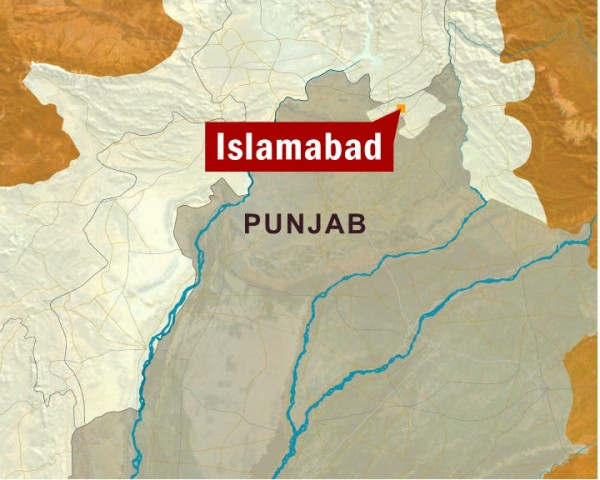One down, 15 to go

Arguing primarily against the newly-inserted article 175-A of the constitution, which deals with the appointments of the superior judiciary, petitioner Nadeem Ahmad’s counsel Akram Sheikh said the article is in conflict with the basic structure and spirit of the constitution.
Sheikh pointed out to the 17-member bench, led by Chief Justice Iftikhar Chaudhry, what he said were essential flaws in the composition of the judicial commission. The first, he argued, was the inclusion of the law minster and attorney general of Pakistan, both of whose votes will count as much as that of the chief justice of the Supreme Court.
The second problem he identified was the fact that a nominee of the Pakistan Bar Council, an indirectly elected body of lawyers, features on the commission. Sheikh’s point was that a lawyer of one province would be ill-suited to comment on a judicial candidate who belonged to another province.
At this, Justice Asif Saeed Khosa pointed out that the said article is also silent on who, on the seven-member commission, is to have the authority to nominate candidates. Sheikh then moved on to criticise the Parliamentary Commission. His reasoning was that, with the waiver of the graduation condition for lawmakers, less educated parliamentarians with little legal know-how would have the right to vote against even unanimous recommendations of the commission. This power, he said, should not be ceded to them.
However, the argument did not find much favour. Justice Shakirullah Jan pointed out that, while there was no such graduation condition for the president, he was still the appointing authority. Sheikh, however, was equally quick with his response. “The president is not the appointing authority; he’s the signing authority,” he said.
Sheikh also said the founding fathers of the country, the framers of the earlier constitutions as well as the original article in the 1973 constitution had envisaged the separation of the judiciary and the executive.
The lawyer also took exception to the fact that the debate over amendments by the parliamentary committee on constitutional reforms took place behind closed doors. This procedure, he argued, kept in dark the people whose rights stand affected by these amendments as well as the courts, which are charged with the responsibility of safeguarding these rights.
Sheikh also expressed doubt about how representative the parliamentary commission would be. The article prescribes an equal number of treasury and opposition members. How this would work in practice, given that there are 14 political parties in the parliament, is a point Sheikh wants addressed.
“Further, what happens if the committee cannot be constituted for a long time?” he asked the court. “For a while now, we’ve seen the Punjab without a leader of the opposition. What will happen in such a situation?”
At this, the chief justice put forward yet another query to government counsel Waseem Sajjad. “In Balochistan, there is only one member of opposition; what will happen in such situation?” Sajjad promised to take up the issue when he begins his arguments.
At the conclusion of Sheikh’s arguments, the bench adjourned the hearing till Monday. It was also decided that to mitigate the sufferings of the other litigants, the case would only be heard four days a week.
Shortly before the adjournment, former government lawyer Dr Abdul Basit submitted his reply to the court notice he was issued on Monday for having misled the court. In his reply, Basit said he had erred in divulging the name of his client but the Supreme Court has also violated its mandate by forcing him to divulge the name of the president’s general secretary Salman Farooqi. Basit also asked the court to forward his case to the disciplinary committee of the Pakistan Bar Council.
When the court resumes hearing the case on Monday, lawyer Hamid Khan will present the arguments for petitioner Supreme Court Bar Association.
Published in the Express Tribune, June 4th, 2010.



















COMMENTS
Comments are moderated and generally will be posted if they are on-topic and not abusive.
For more information, please see our Comments FAQ